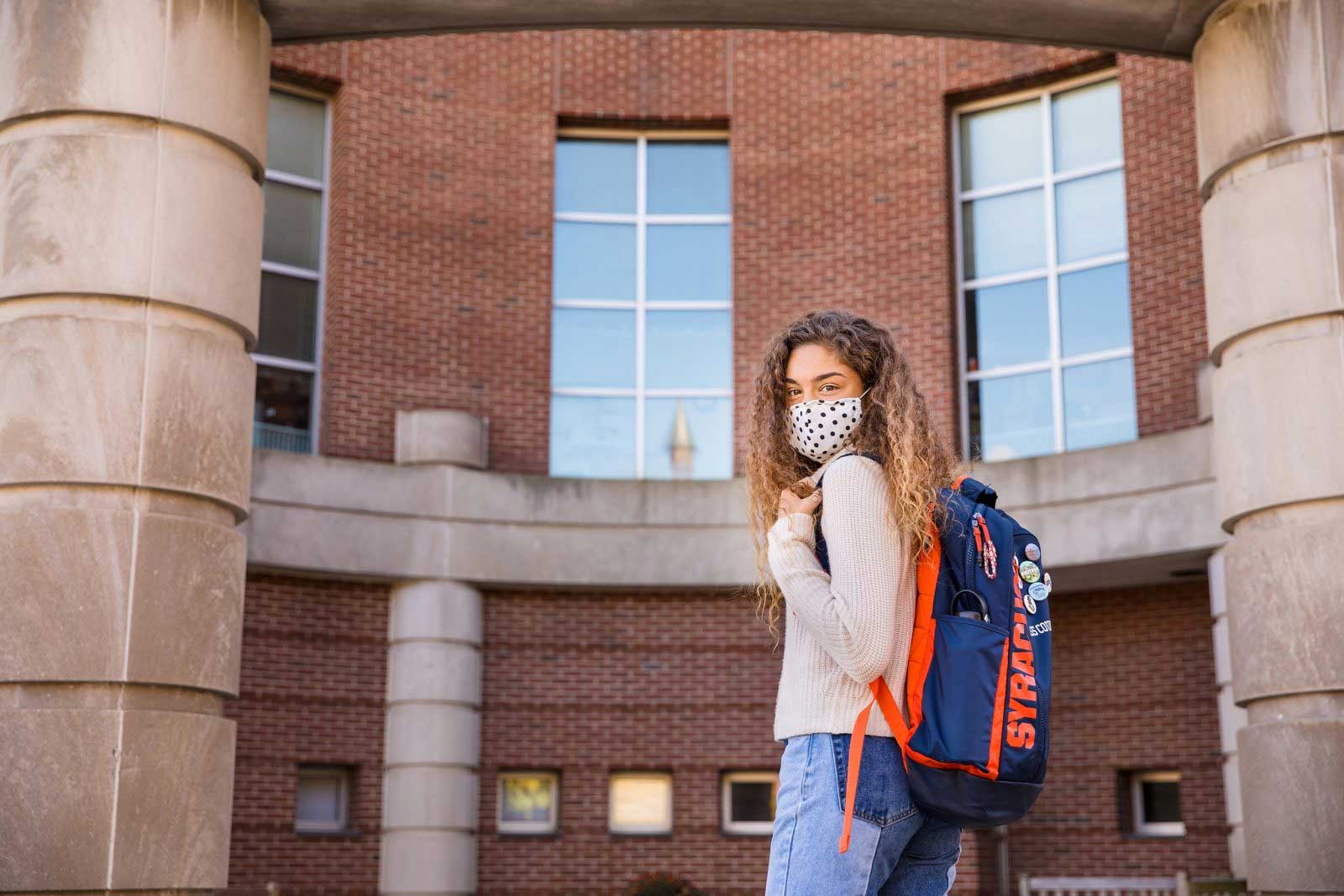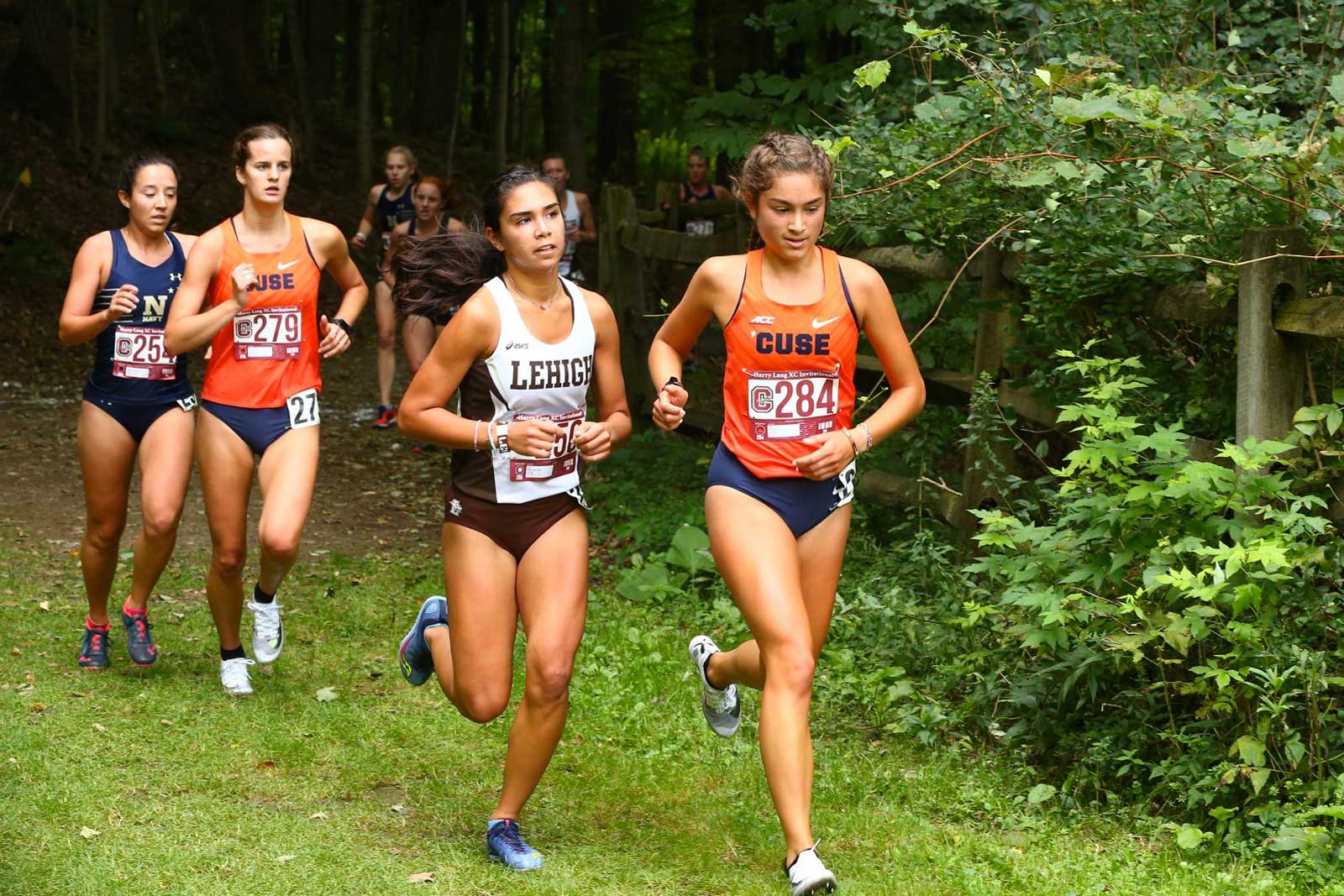Throughout Eva Scott’s childhood, her family gathered in the evenings for dinner. On weekdays, it was her father who cooked; on weekends, her mother. From a young age, Scott and her two sisters helped with meal preparation and clean up.
Scott, now a senior majoring in nutrition science in Syracuse University’s Falk College, traces her interest in food back to this family tradition. “Food has always been associated in my mind with coming together, with community,” she says.
A Matter of Relationships
At Syracuse, Scott has expanded on this initial interest in food’s role in community to include the connection between food and health, and the intersection of human and environmental health. “What’s good for our bodies is also good for the Earth, and vice versa,” she says. “The two are interconnected, and one supports the other.”

Scott explores this relationship in the research she conducts as a Renée Crown University Honors Program scholar. Inspired by the work of scientists at the SUNY College of Environmental Science and Forestry to develop a blight-tolerant line of the American chestnut tree, Scott studies uses of the chestnut as food. The return of American chestnut trees to the forests where they were once abundant would contribute to healthy forest ecosystems. And the nuts, which could be harvested with minimal environmental impact in many areas, can be used to produce a range of nutritious foods.
When it comes to environmental health, the actions of individuals do matter, says Scott, who recently became a vegetarian to reduce the negative environmental impact of her diet.
Team Spirit

Scott’s appreciation of the relationship between individuals and the larger collective extends to one of the most defining features of her life: running. “People think of running as an individual sport, but it’s really all about your team—it’s about that community and support,” she says.
Running has provided opportunities for transformative life lessons. Balancing responsibilities as a student-athlete fosters discipline and organization, and Scott has had to contend with a series of injuries as well. That, she says, has helped her learn about acceptance and taking the long view. “When I’m facing a challenge, I remind myself that this is my present. Though it may be tricky at the moment, it will be better later. What matters is where I go from here,” she says. And throughout the ups and downs of her running career, she says she has always had the steadfast support and friendship of her teammates.
When Scott considers where she might go beyond Syracuse, the future is full of possibilities—among them, pursuing a master’s degree in nutrition. Whatever opportunities she explores, Scott is committed to nurturing the interdependent health of individuals, communities and the environment. It’s a commitment rooted in the family she grew up in, and reinforced, solidified and supported by the family she found at Syracuse University.
—An SU Story by Sarah H. Griffin originally published on December 1, 2020.
